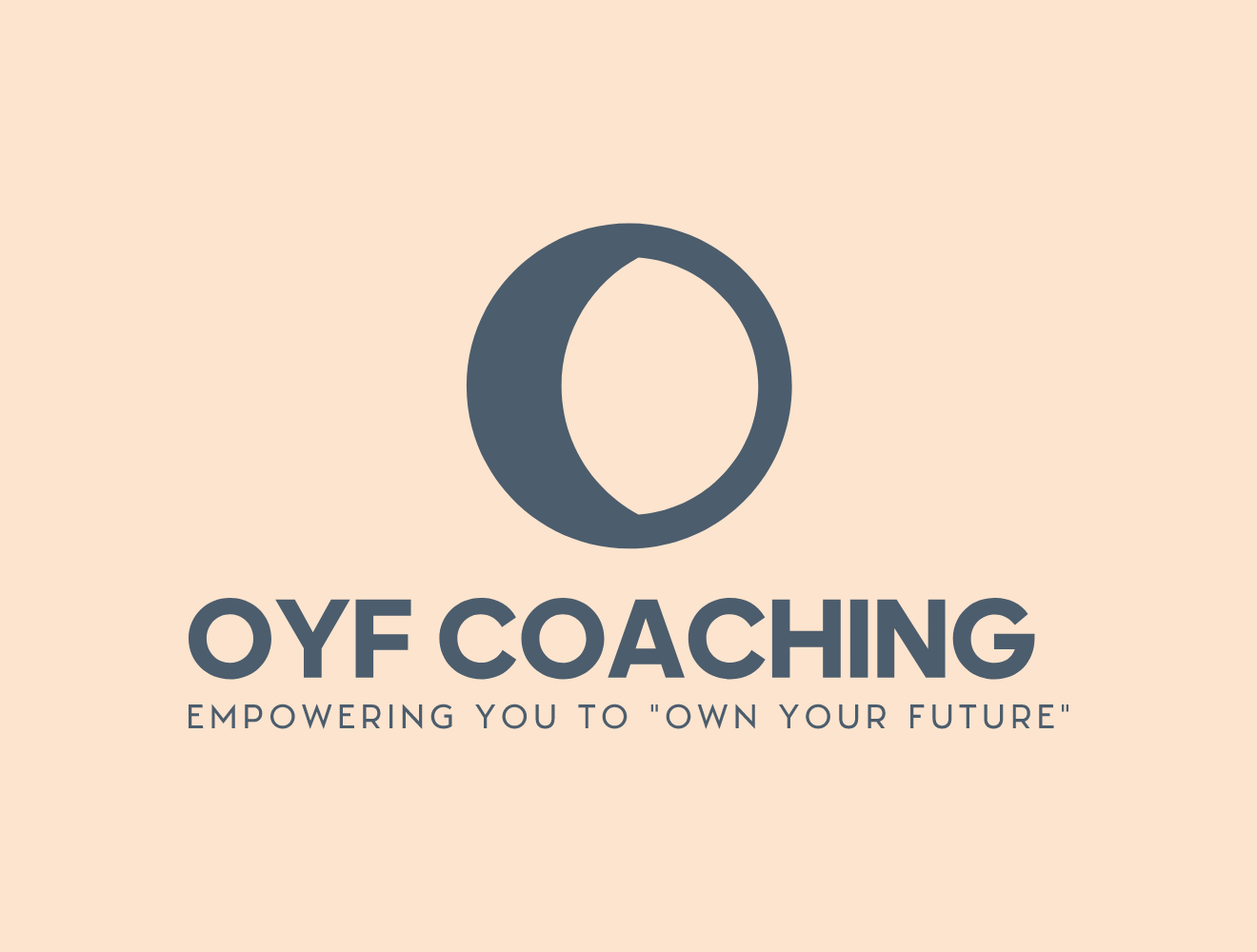How Failure Becomes Your Best Teacher
At OYF Coaching, we know failure isn’t the opposite of success — it’s a key part of it. Whether you’re a leader, a business owner, or a professional growing into your next role, your ability to learn from mistakes, adapt, and innovate directly depends on your willingness to face failure head-on.
The greatest innovators, innovators, and organizations view failures not as roadblocks but as steps forward on their path to mastery.
Why We Fear Failure (and Why It Holds Us Back)
We’re conditioned from a young age to avoid mistakes at all costs. Failure feels shameful, permanent, or a reflection of our ability. Naturally, we learn to conceal it, blame it on external factors, or avoid taking risks altogether.
This view — that failure is pure negativity — prevents us from growing. It robs us of powerful lessons we can’t learn any other way.
Embracing Failure: Lessons from “Fail Fast, Fail Often”
In Fail Fast, Fail Often, authors Ryan Babineaux and John Krumboltz show us we learn fastest when we’re willing to try things quickly, make mistakes, reflect, and adjust. It’s not about failing for its own sake — it’s about framing failure as a form of progress.
Key Takeaway: Take action and learn from the results. The faster you iterate, the more you grow.
Black Box Thinking: Viewing Failure as Valuable Data
Black Box Thinking, by Matthew Syed, highlights a dramatic contrast in how different industries treat failure. Aviation investigates nearly all accidents and near misses in exhaustive detail — not to blame, but to learn and improve. Medicine, by contrast, often covers up mistakes due to a culture of blame, preventing improvement and putting future patients at risk.
Syed advocates for a “growth culture”—one where mistakes are treated as valuable data points. It’s not about ignoring problems; it’s about understanding their root causes and using that knowledge to innovate.
Key Takeaway: To learn from failure, we need psychological safety — a culture that lets us admit when we’re unsure or when something went awry.
HBR's “Strategies for Learning from Failure”
Amy C. Edmondson underscores the necessity to move away from a blame-oriented view of failure toward a strategic view. That means:
Recognizing that not all failures are equal — some are preventable, some are complex and hard to avoid, and some are “intelligent failures” — experiments designed to generate knowledge.
Establishing a culture where people feel comfortable surfacing problems instead of hiding them.
Analyzing failures in depth to extract lessons and then putting those lessons into practice.
Designing small experiments and pilots to learn quickly and minimize risk.
OYF Coaching Takeaway
Your greatest lessons come from what didn't go as planned. Each failure holds a piece of knowledge — about your choices, your strategies, your industry, or yourself — that you can leverage to grow.
As your coach, we will:
Reframe failures and obstacles as valuable data points.
Develop strategies to learn from those experiences quickly.
Foster a mindset of curiosity and adaptability.
Together, we will use these lessons to accelerate your progress toward your goals.
Embracing failure is a powerful form of freedom. It lets you innovate, grow, and become more than you were yesterday.
